KUALA LUMPUR, May 31 — Children and younger students could experience serious harm to their early socialisation and learning abilities if their enforced isolation under the movement control order (MCO) is prolonged, according to several experts.
While the government has relaxed the MCO to allow most businesses to resume activities, schools nationwide are still closed indefinitely.
While it is unclear when schools will be reopened, the Higher Education Ministry may have provided a clue when it said university classes will remain strictly online until December 31.
Apart from the importance of academic achievements, Early Childhood Care and Education Council president Datuk Dr Chiam Heng Keng said an aspect that needed equal attention was a child’s mental state during the isolation, which cuts out interaction with friends and school activities.
“Most children, they enjoy the freedom to interact with their friends, play and laugh but this is not available to them when they are at home,” she said.
Chiam, who is also a social psychologist, said children could develop aggressive and delinquent traits if they are prevented from opportunities to interact socially with their peers during the MCO and beyond.
“I am very worried that children could become aggressive because it is human nature that when you are confined to a space, you cannot interact, you cannot do things freely, it could aggravate aggressiveness.
“A child becomes naughty, disobedient and that could lead to parents trying to discipline a child and could cause verbal abuse and in some cases physical abuse,” she told Malay Mail when contacted.
Schools nationwide have been closed since the MCO was implemented on March 18 to break the chain of Covid-19 infection.
It will hit the three month mark soon should the MCO be extended, although now enforced with conditional terms, Prime Minister Tan Sri Muhyiddin Yassin had said various matters such as size of a class and how will schools comply to standard operating procedures (SOPs) including hygiene practices and temperature checks, needed to be considered before schools can reopen.
As such, Chiam viewed that parents must take note of their children’s mental state and problems faced by the child.
She also warned that the difficulties resulting from the enforced school closures could take a toll on families, effectively exacerbating the problems children already faced due to the prolonged isolation.
“Schools being shut not only affects children, but also adults too, as they too are used to human interaction.
“There is a need to teach parents how to play with their child. This is not only a way of helping them ease children’s motions but also the parents,” she added.
Chiam then urged the Education Ministry to start training teachers to equip them on how they can effectively conduct lessons online for children.
“Teachers need know how to conduct more group activities to replicate the environment of children’s interactions in school with their friends and in a classroom,” she said.
There may only be one element that e-learning cannot replicate and that is the human touch.
“Teachers cannot give a pat on the back to say ‘well done’ or comfort a child if they are down.
“For younger preschoolers, they need this sort of human touch because this is part of helping a child build character,” she said.
Proper support system
Weighing in, Universiti Putra Malaysia’s (UPM) Centre for the Advancement of Language Competence (CALC) director Arshad Abd Samad said isolation, (whether prolonged or not, can cause problems if parents do not have appropriate support systems for early childhood development.
He said that even if not all schools could provide all the necessary support or resources for education, many have the needed physical space and conducive learning environments that were critical to a child’s early years.
“Well-trained early childhood development teachers are able to tell when certain kinds of intervention are required especially when children don’t meet set milestones.
“Parents may not be aware of such signals and therefore cannot give such intervention,” Arshad said when contacted by Malay Mail.
However, he believed the impact to children could be limited if the school closures do not extend beyond three months.
“But even then, it is more because of their absence from school which may lead to not being able to access resources and teacher guidance rather than forgetting what they have learned prior to the MCO,” he said.
He added that because schools still tended to focus too much on rote learning, this could result in forgotten lessons when they are reopened.
For now, Arshad feels that the best thing that parents can do is to keep their children’s minds active.
“Engage them in meaningful discussion. Talk to them about experiences,” he said.
Social gap problems
While e-learning was one way for classes to continue during the MCO, not all levels of the society would benefit from this, MyReader co-founder Alex Lim said.
“How can e-learning support families in the B40 (bottom 40) group?
“During the MCO, the T20 (top 20) group are well-supported with gadgets and devices, but the B40 are handicapped because of these devices which they do not have,” he said referring to how e-learning could only work with the presence of an electronic device such as mobile phone or a computer.
MyReader is an education-based organisation that works with underserved area communities.
He added that if schools are kept closed far beyond June 9, children’s cognitive literacy skills such as basic reading, recognising numbers and letters could deteriorate.
“It is easy to conduct lessons using videos, but we fail to ask ourselves, how are we going to know if a child is able to recognise letters in the first place?” he said.
Possible solutions
Lim consequently suggested for the Education Ministry to consider crafting policies that are no longer based on a ‘one size fits all’ concept.
“We need to consider how exemptions must be made to ensure that groups such as B40 would be left out when school resumes.
“The implications are great as the generation of people who are going to graduate during this period could be severely handicapped,” said Lim.

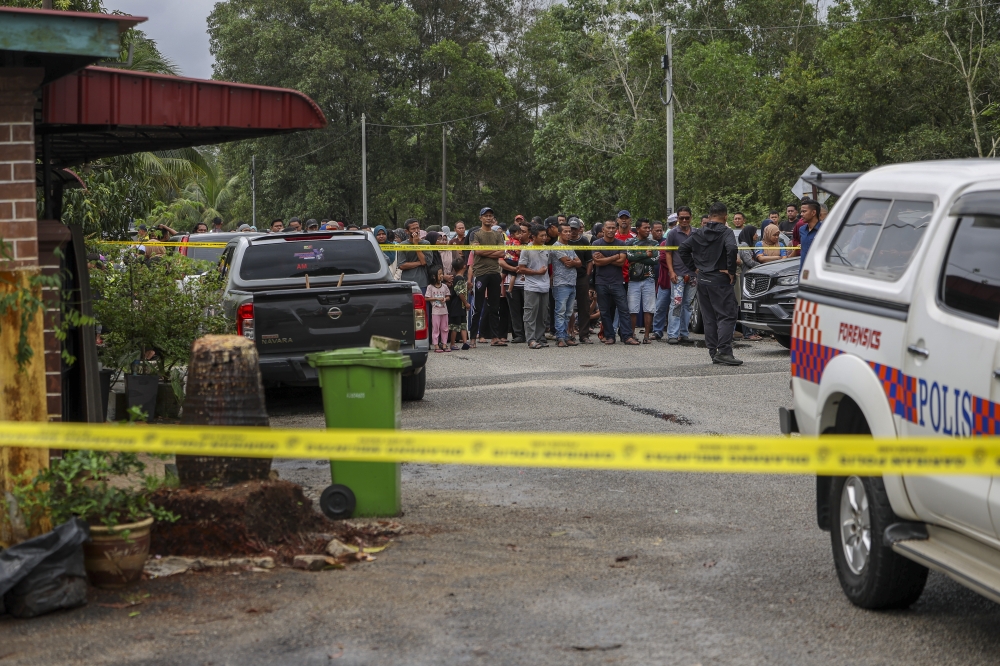
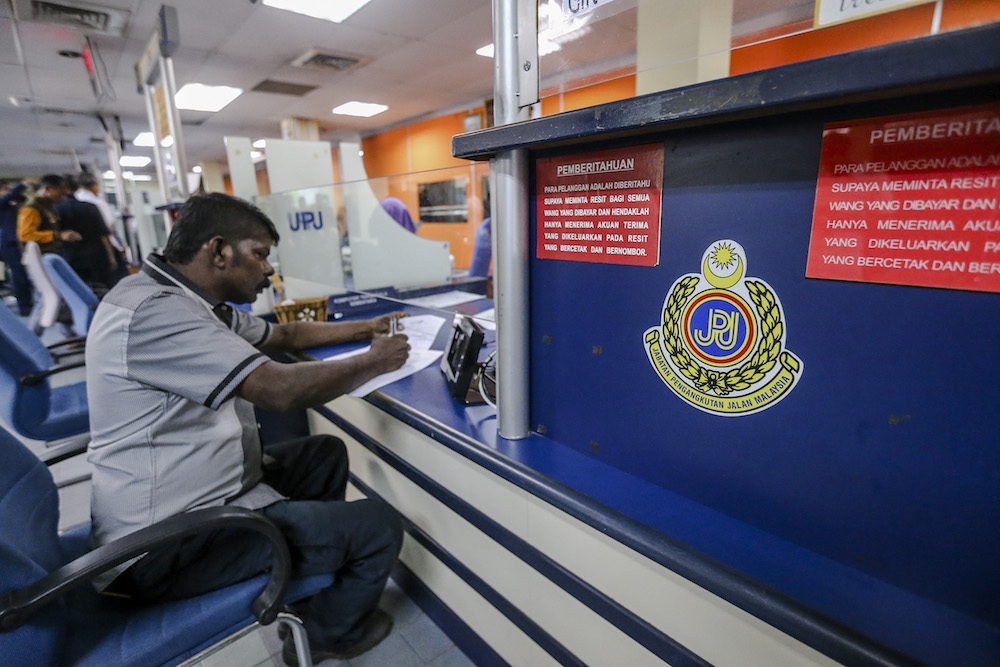
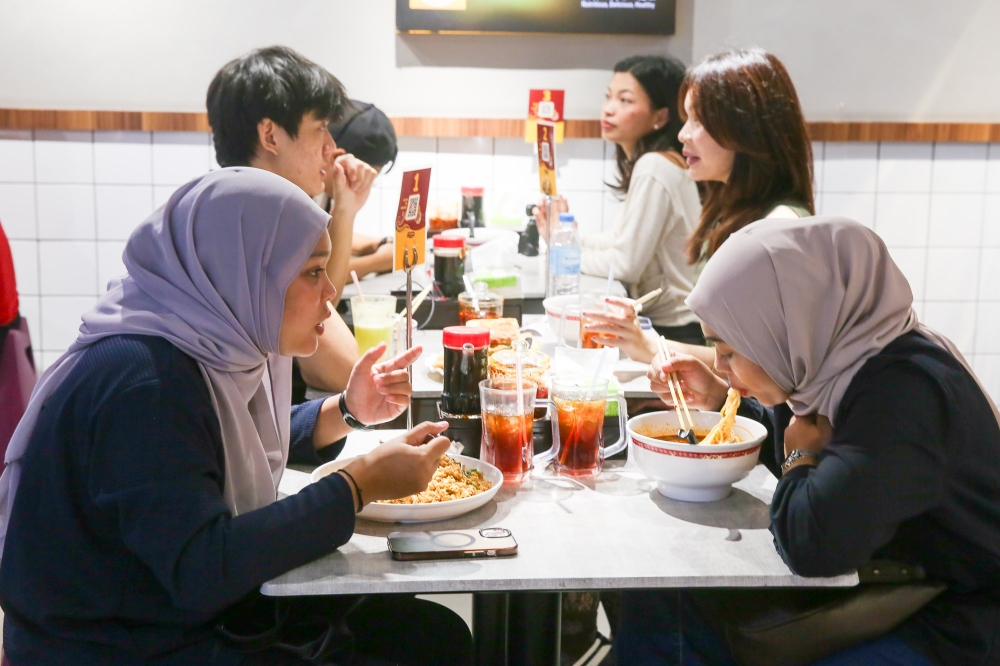




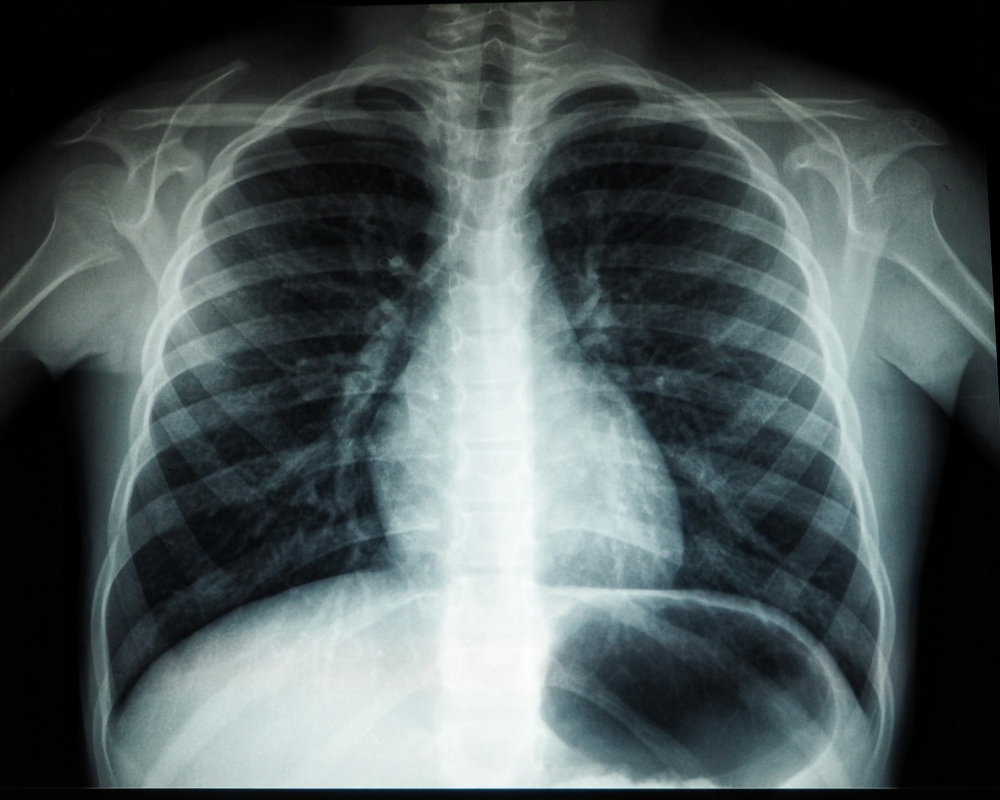



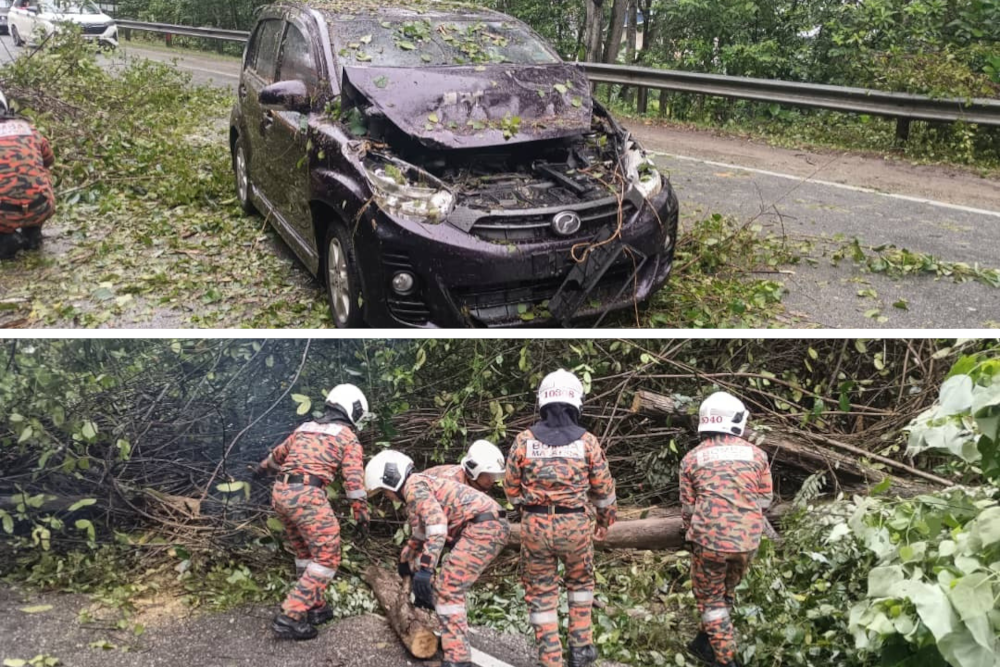


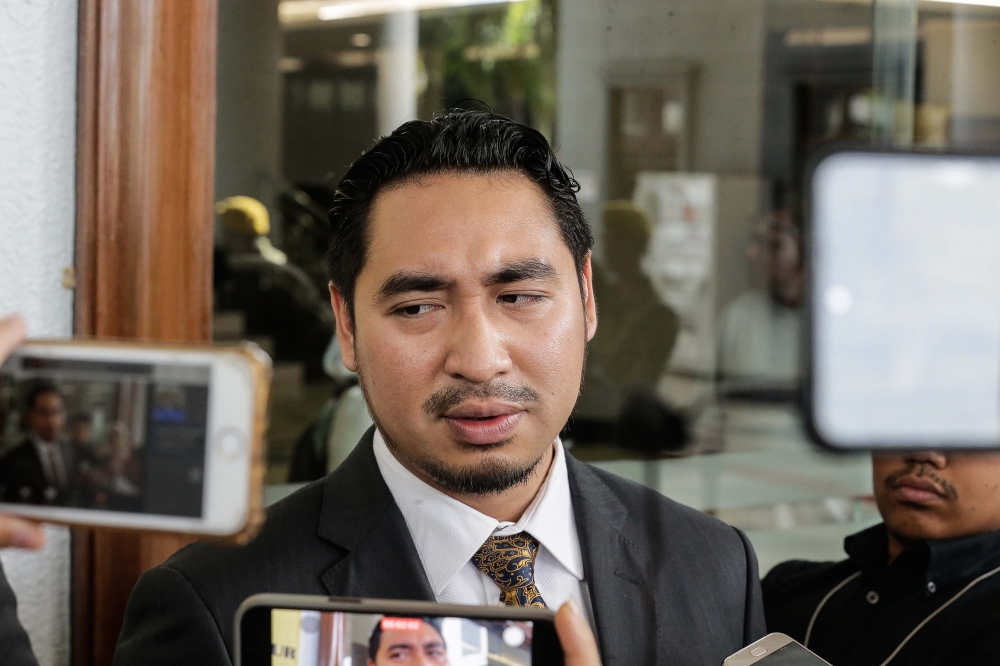
.jpg)


